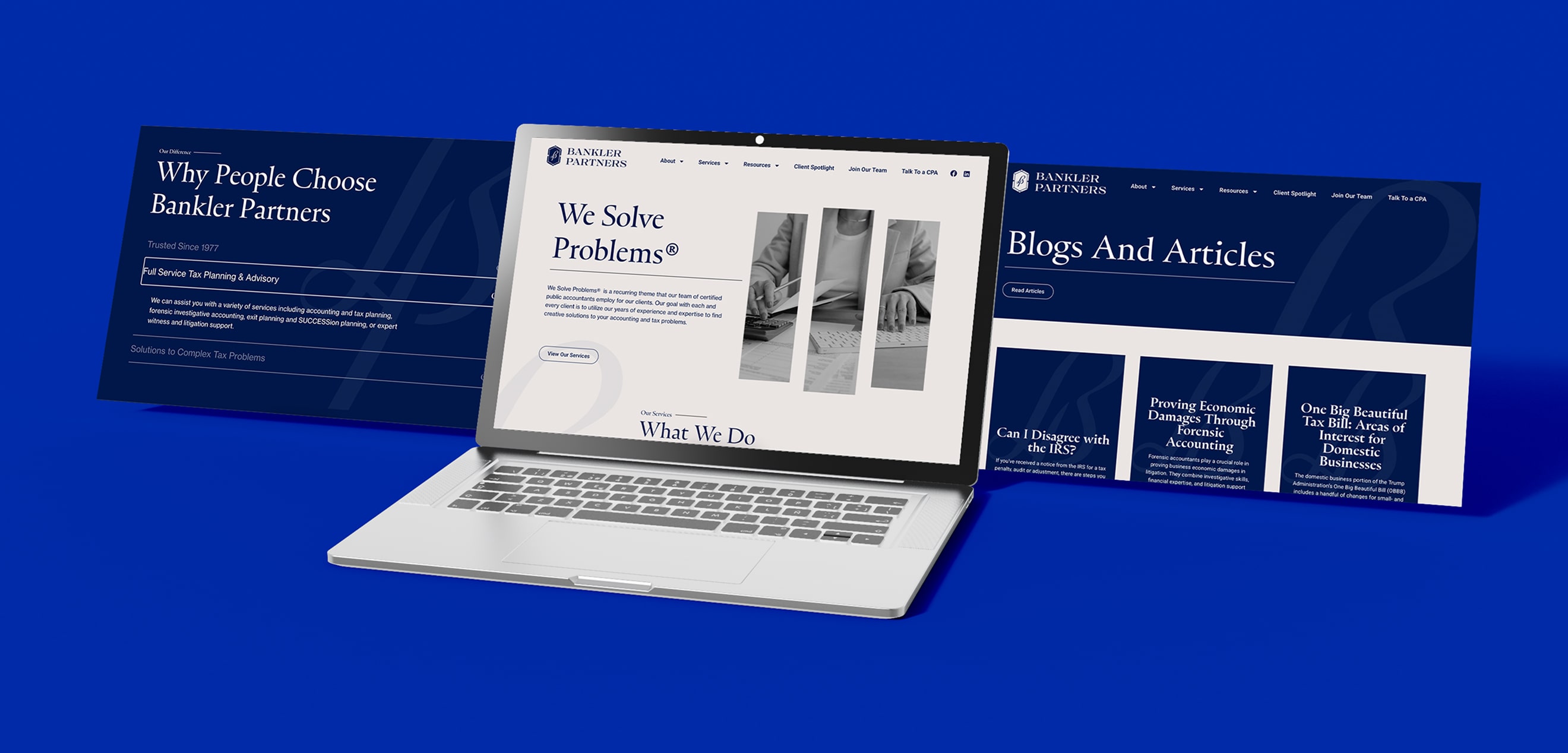Ideas Post
From Concept to Creation: A Step-by-Step Guide to Designing a Campaign
Step-by-step guide to designing a campaign that resonates and achieves business goals.

In the fast-paced world of marketing, the journey from an initial concept to a fully realized campaign is a blend of creativity, strategy, and collaboration. Whether you’re launching a new product, rebranding, or running a seasonal promotion, the process of designing a campaign can seem daunting. This guide will walk you through each step, offering insights on how to effectively collaborate with your marketing team to create a campaign that not only resonates with your target audience but also achieves your business goals.
Brainstorming and Ideation
Start with a Clear Objective
Every successful campaign begins with a clear understanding of its goals. Are you aiming to increase brand awareness, drive sales, or engage a specific audience? Defining your objective will guide the entire creative process.
Gather the Team
Collaboration is key from the start. Bring together a diverse group of team members, including designers, writers, strategists, and data analysts. Each person brings a unique perspective that can spark innovative ideas.
Explore the Creative Landscape
During brainstorming sessions, encourage open-mindedness and creativity. Explore different themes, messages, and visual styles. Use mind maps, mood boards, and trend research to visualize concepts and ensure they align with your brand identity.
Research and Audience Insights
Know Your Audience
Understanding your audience is crucial. Conduct market research to gather insights into their needs, preferences, and behaviors. This data will help you craft a message that resonates and drives action.
Analyze Competitors
Look at what your competitors are doing. Identify gaps in the market and find opportunities to differentiate your campaign. A competitive analysis can also reveal successful tactics that you can adapt to your own strategy.
Refine Your Message
With your research in hand, refine your campaign message to ensure it speaks directly to your target audience. Whether it’s a tagline or a social media post, your message should be clear, concise, and compelling.
Creative Development
Draft a Creative Brief
A well-crafted creative brief serves as a roadmap for your campaign. It should outline the campaign’s objectives, target audience, key messages, tone of voice, and any specific design requirements. Share this brief with your team to ensure everyone is on the same page.
Design Mockups and Prototypes
Begin translating your ideas into tangible designs. Create mockups, prototypes, or storyboards that visualize the campaign’s elements, including ads, social media posts, emails, and landing pages. This stage often involves multiple iterations, so be prepared for feedback and revisions.
Incorporate Branding
Ensure that all creative elements align with your brand’s visual identity. Consistency in colors, fonts, and imagery across all channels is essential for building brand recognition and trust.
Collaboration and Feedback
Engage Stakeholders
Regularly update stakeholders on the campaign’s progress. Schedule review sessions to gather feedback from key decision-makers, including executives, sales teams, and product managers. Their input can provide valuable perspectives and ensure the campaign aligns with broader business goals.
Cross-Functional Collaboration
Work closely with other departments, such as sales, product development, and customer support. Their insights can enhance the campaign’s relevance and effectiveness. For example, the sales team might highlight customer pain points that can be addressed in the campaign messaging.
Refine and Adjust
Based on the feedback received, refine your designs and messages. This iterative process ensures that the final product is polished and optimized for success.
Execution and Delivery
Develop a Rollout Plan
Create a detailed plan that outlines the timeline for launching the campaign across different channels. Consider factors like peak engagement times, platform algorithms, and seasonal trends. The plan should also include contingencies for unexpected challenges.
Coordinate with Media and Channels
Ensure all media, including digital ads, social media posts, emails, and print materials, are scheduled and distributed according to the rollout plan. Collaboration with media buyers, digital marketing specialists, and social media managers is essential to execute the plan smoothly.
Monitor and Optimize
Once the campaign is live, closely monitor its performance. Use analytics tools to track key metrics like engagement, conversion rates, and ROI. If necessary, make real-time adjustments to optimize results.
Review and Reflect
Post-Campaign Analysis
After the campaign concludes, conduct a thorough review to assess its success. Compare the results against the initial objectives and key performance indicators (KPIs). What worked well? What could be improved in future campaigns?
Team Debrief
Hold a debriefing session with your team to gather feedback and insights. Discuss the challenges faced during the campaign and brainstorm solutions for future projects. This reflection is an invaluable part of the learning process and helps in refining your approach to campaign design.
Document Learnings
Create a comprehensive report that documents the entire process, from concept to creation. Include key learnings, best practices, and any adjustments made along the way. This report will serve as a reference for future campaigns.
Conclusion
Designing a campaign is a dynamic and collaborative process that requires creativity, strategy, and teamwork. By following these steps—from brainstorming ideas to delivering the final product—you can create impactful campaigns that achieve your business objectives and resonate with your audience. Remember, the key to a successful campaign lies not just in the execution, but in the thoughtful planning, research, and collaboration that happens behind the scenes.
Ready to elevate your brand with a campaign that stands out? Contact Tribu today and let’s build Tribe-worthy brands together!
Let's build a tribe together
Ideas, Ideas, Ideas
Featured Work
We don’t just deliver - we make a difference.
Here’s a look at some of our most impactful branding, web, and campaign work. These aren’t just projects - they’re proof of what’s possible when bold ideas meet the right tribe.








.gif)



